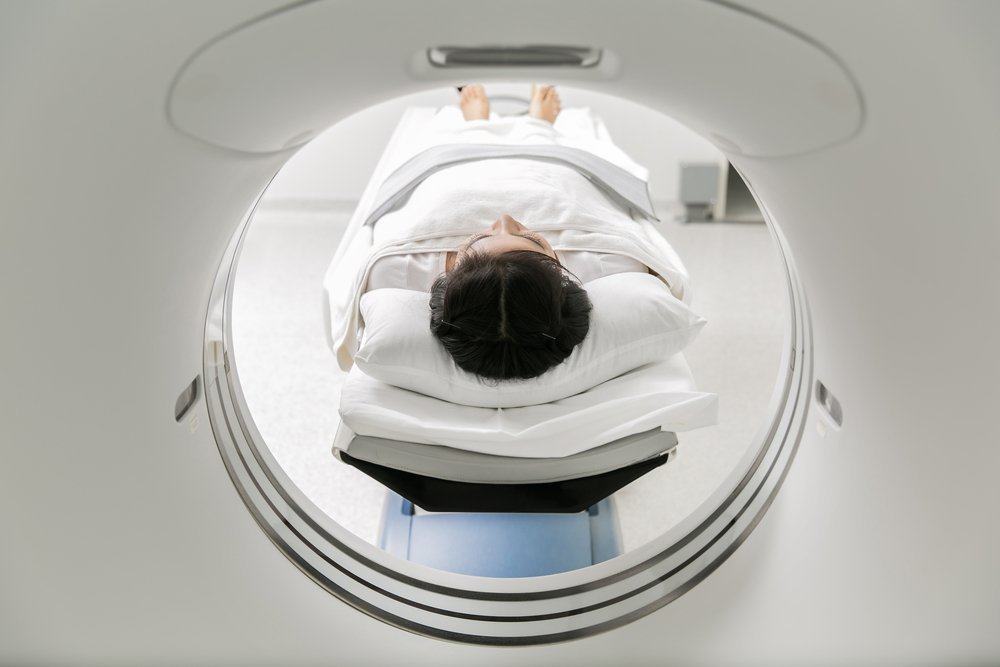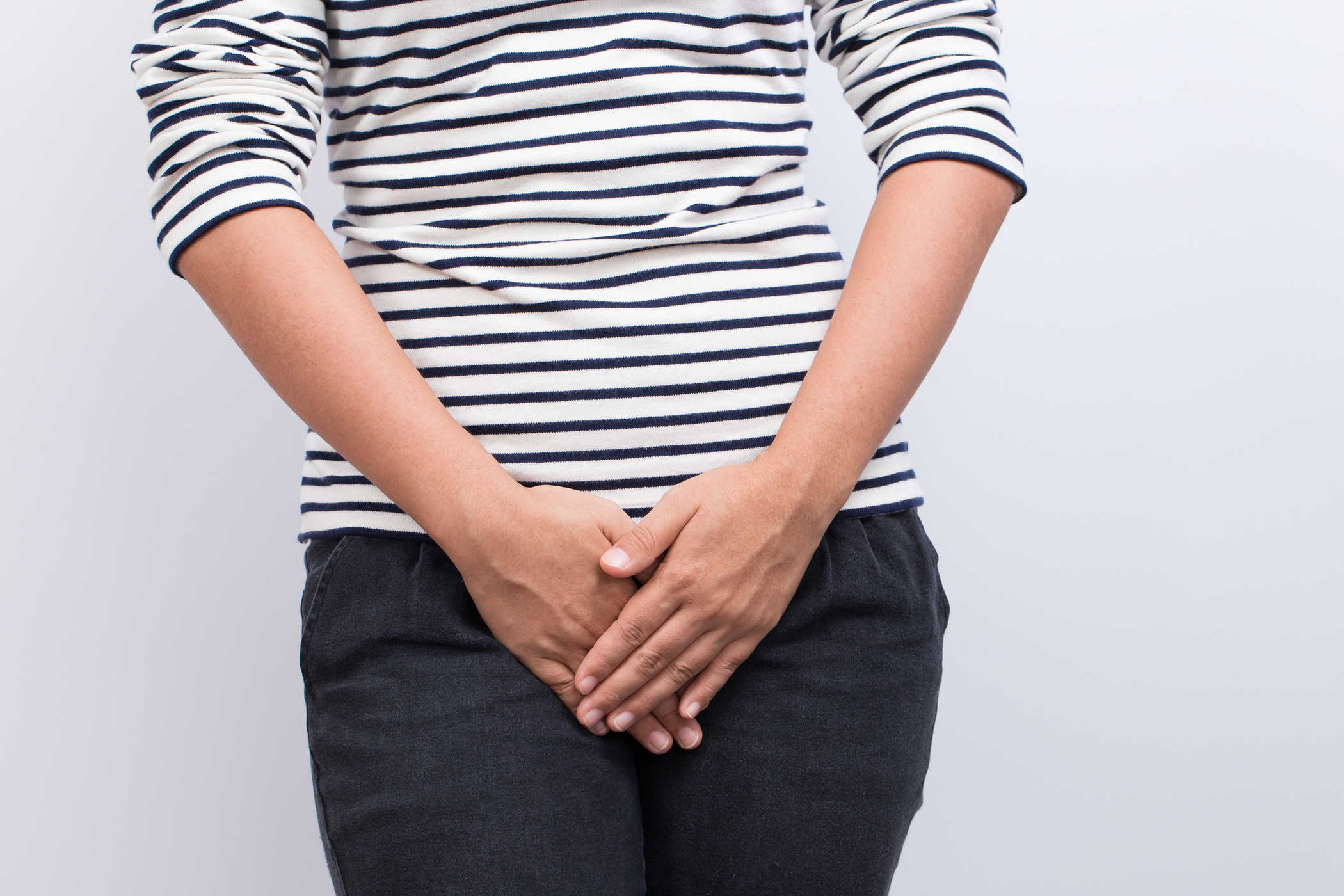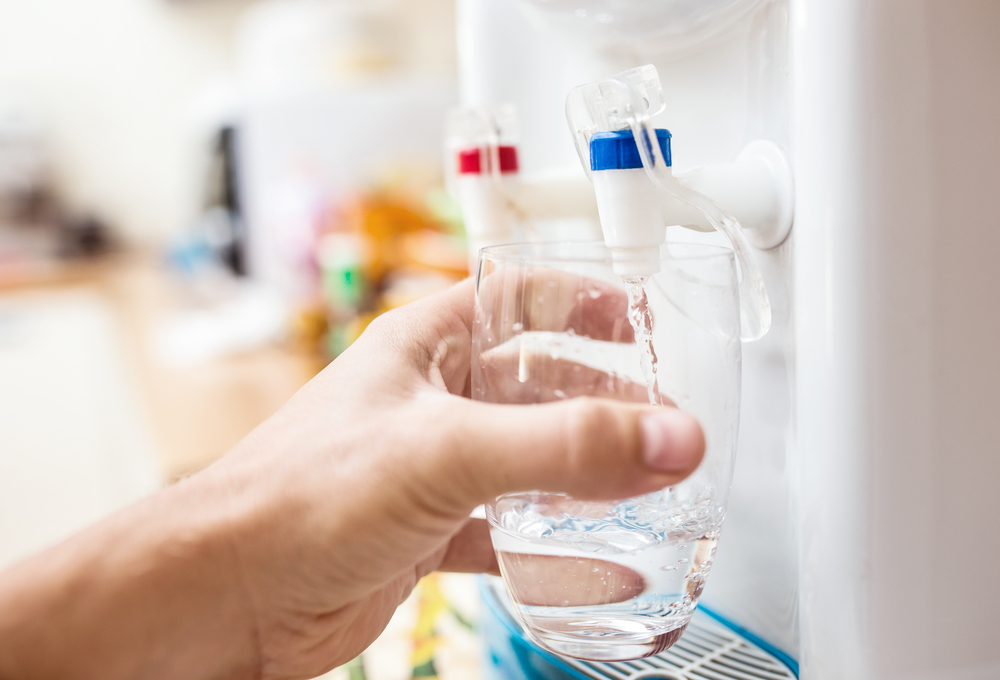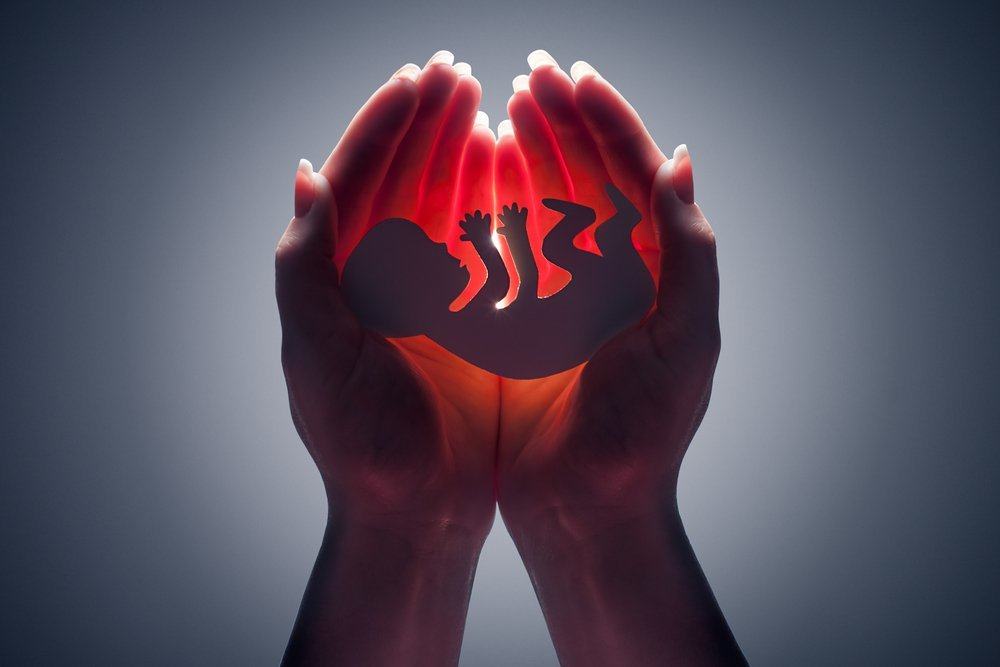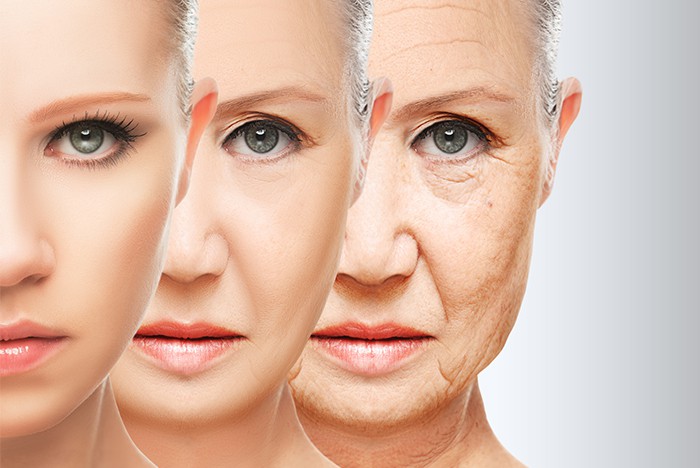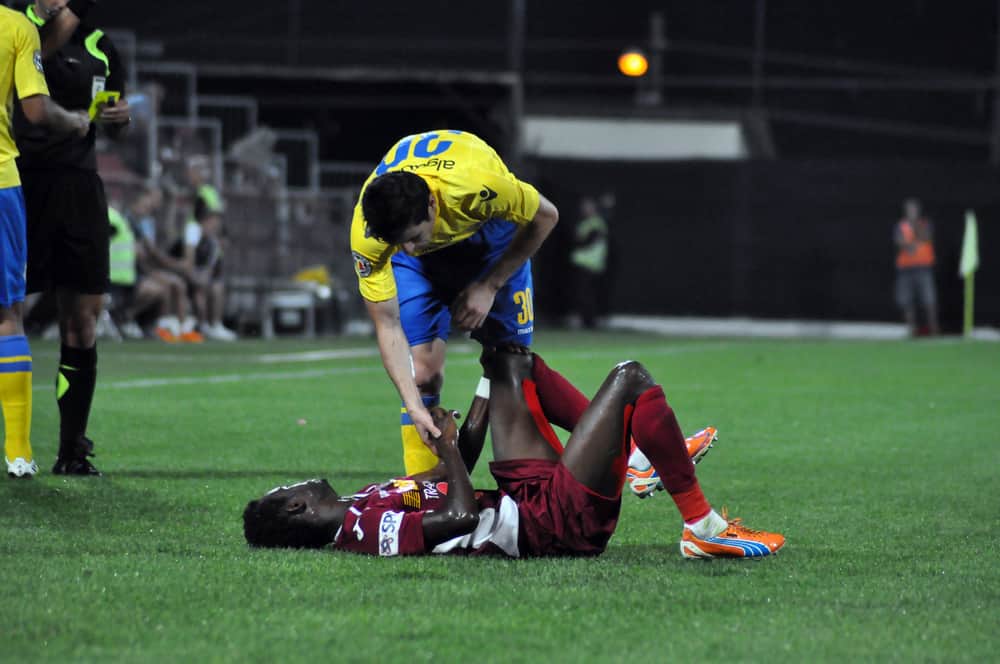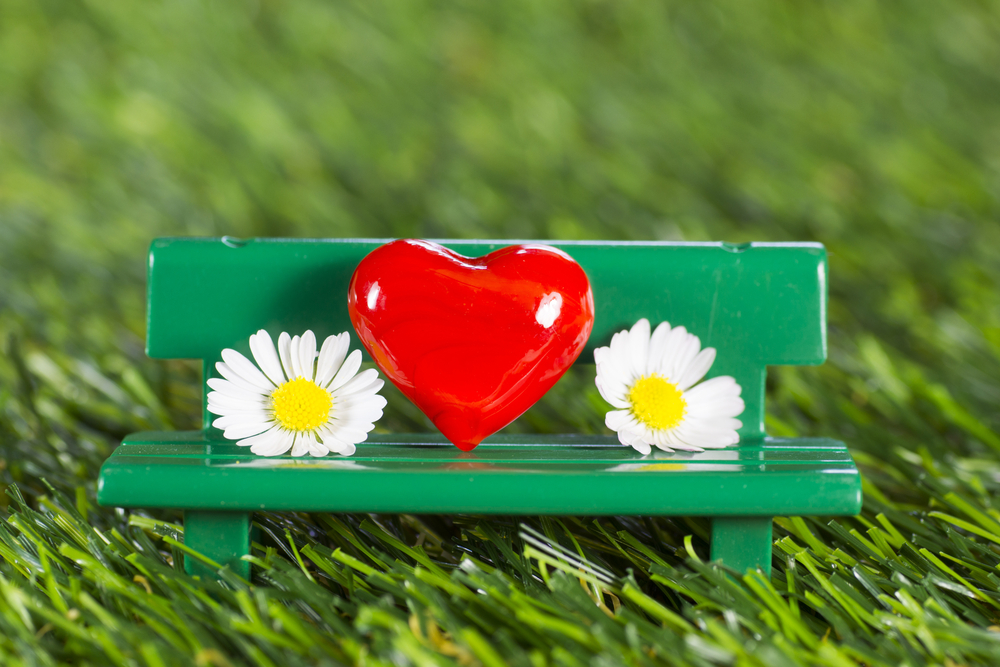Contents:
- Medical Video: Calcium Scoring Test for Heart Disease
- What is the purpose of the CT scan?
- What needs to be prepared before undergoing a heart CT scan?
- The coloring function to help visualize the heart
- What will happen during the CT scan?
- What happens after a heart CT scan?
- Risk of cardiac CT scan
- 1. Exposed to radiation rays
- 2. Allergy with contrast dye
Medical Video: Calcium Scoring Test for Heart Disease
Computerized Tomography (CT) scan for the heart, or often also called Calcium-score screening heart scan, is a test used to detect calcium that accumulates into atherosclerotic plaques in the heart arteries, in patients with heart disease. This is one of the most effective methods for detecting accumulation or thickening of calcium in the heart before signs of the disease appear. The more calcium buildup, means the higher the chance of atherosclerosis, which also shows a possible pattern of the coronary system and a high risk of other problems in the heart in the future. Your doctor will usually use this test to evaluate the risk of future heart artery disease.
In some cases of heart disease, such as atherosclerotic "thin plaques" that may not be detected by CT scans, it should be remembered that this test cannot be a 100% benchmark in predicting the risk of dangerous diseases of the heart, such as a heart attack. Your doctor may ask you to undergo a coronary CT angiogram (CTA) to look directly into your heart arteries. With CTA, images of your heart arteries will be visible. CTA is a test that is now often done to complete a CT scan.
What is the purpose of the CT scan?
A CT scan will give a detailed picture of the heart and heart arteries. This test can diagnose or detect the following diseases:
- Plaques found in the heart arteries, which can determine the risk of heart disease
- Congenital heart disease (heart problems that occur from birth)
- Problems with heart valves
- Problems with the arteries that give supply on the heart
- Heart tumor
- Problems with heart pump function
What needs to be prepared before undergoing a heart CT scan?
You may need to take some further medical action. However, you should avoid caffeine and cigarettes starting from 4 hours before the test takes place. This CT scanner uses X-rays. For your safety, the amount of radiation given is kept to a minimum. Because X-rays can be dangerous for fetal development, this procedure is not recommended for those of you who are pregnant. Tell your doctor if you are in a state:
- Pregnant
- Is undergoing radiation therapy
The coloring function to help visualize the heart
You might also be injected with contrast dyes to help the CT scanner visualize your heart arteries.
This contrast dye will be given through a vein (IV) in your hand or your arm. If you will be injected with this dye, you may be asked not to eat and drink anything for 4-6 hours before the test takes place.
Before being injected with this contrast dye, here are the things you need to do:
- Tell your doctor if your body has experienced a reaction due to being injected by a dye for radiation or other treatment. You may be asked to take certain medications before the test so that your body can "receive" this contrast dye.
- Tell your doctor about what medications you are taking, because you may be asked not to take these drugs temporarily before the test takes place, including diabetes medications and metformin (Glucophage).
After this contrast dye is injected into your body, you may feel the following:
- Heat sensation
- Metal feeling in the mouth
- Your body feels warm
These sensations are normal and usually disappear in a few seconds.
What will happen during the CT scan?
- You will wear a hospital gown and be asked to remove all your accessories or jewelry. Then the nurse in the hospital will measure your height, weight, and blood pressure. Maybe the nurse will take your blood for fat analysis.
- You will lie on the scanner table.
- The doctor / technologist will clean three areas on your chest and place electrodes in the area. For men, it is recommended to shave some feathers on the chest so that the electrodes can stick. These electrodes will be connected to an electrocardiograph (ECG) monitor that will measure the electrical activity of your heart during the test.
- During the scan, you can feel the scanner table moving inside a donut-shaped scanner. This high-speed CT scan will capture several images that are synchronized with your heart rate.
- It could be that your 3D heart model is scanned.
- You may not move during the test, because it can make the image blurry. You may also be asked to hold your breath for a few moments.
- All tests take approximately 10 minutes
The heart radiologist will then analyze the images to see if there is calcification in the heart arteries using a sophisticated computer program. If calcium is not detected, the test results are considered negative. However, this does not include thin non-calcium plaques. If there is calcium in the heart arteries, then the computer will make a "value" of calcium which estimates the possibility of heart artery disease.
What happens after a heart CT scan?
You can continue your activities as usual and eat as usual after completing a heart CT scan. The results of this scan will show:
- The amount and density or thickness of calcium plaques in the heart arteries
- Calcium value
The results of a CT scan of your heart will be evaluated by a team of heart specialists, including cardiac radiologists, and heart disease management experts. The team will evaluate your calcium values and CT angiogram, combined with other risk factors such as evaluation of risk factors, blood pressure, and fat analysis, to determine the risk of disease in the heart arteries going forward. The team will provide recommendations on lifestyle, medication, and additional heart tests to deal with heart disease that you may experience.
Risk of cardiac CT scan
1. Exposed to radiation rays
CT scans do expose your body to more radiation than X-rays. Too often your body is scanned by X-rays or CT scans can increase the risk of cancer. However, if only one scan is done, a small risk will occur.
2. Allergy with contrast dye
Maybe some of you are allergic to contrast dyes. Tell your doctor or operator when the scan will take place if you have an allergy to contrast dye. The following are signs if you are allergic to contrast dye:
- The most common contrast dye is a contrast dye containing Iodine which is injected into your veins. If someone is allergic to Iodine, then that person will vomit, runny nose, itching, or maybe red spots appear.
- If you still need to be injected with contrast dye, you might be advised to get antihistamines or steroids before the test.
- The kidneys help your body to "throw" iodine. If you have kidney disease or diabetes, you will be given extra fluids after the test is complete to help clean the iodine from your body.
- Although very rare, contrast dye can cause a very dangerous allergy, namely anaphylaxis. If you find it hard to breathe when the test takes place, quickly let the scanner operator know.
READ ALSO:
- Is it true that CT scans can cause cancer?
- Early signs of heart disease in men
- 8 Ways to Reduce the Risk of Heart Disease

